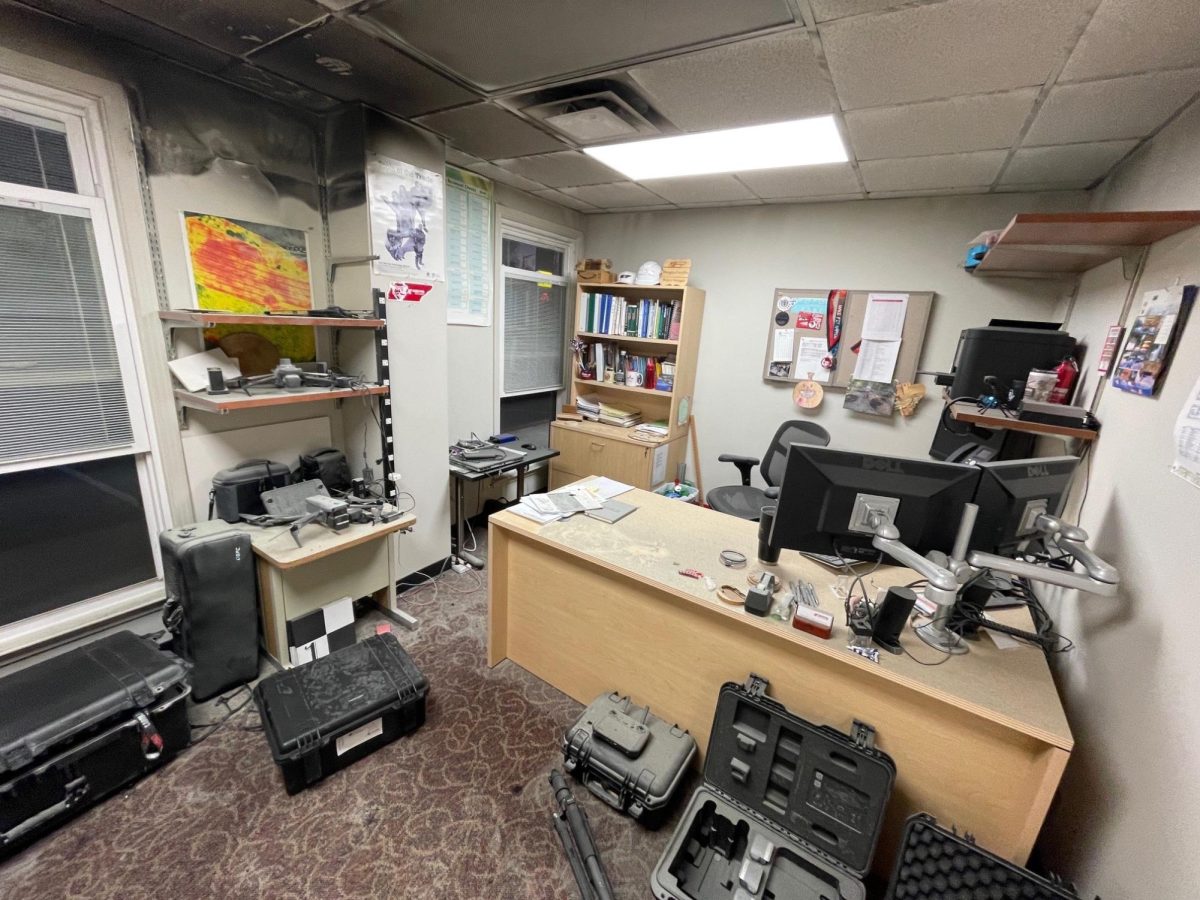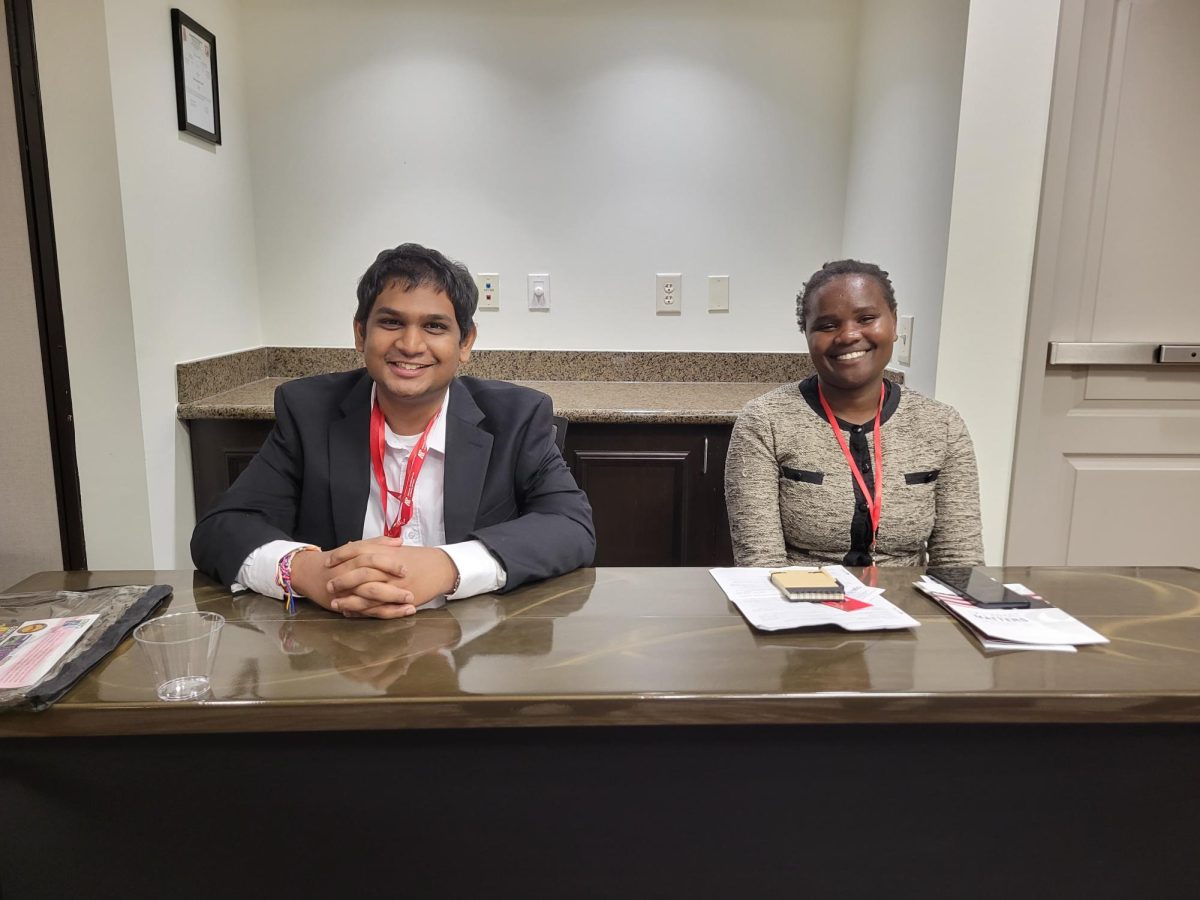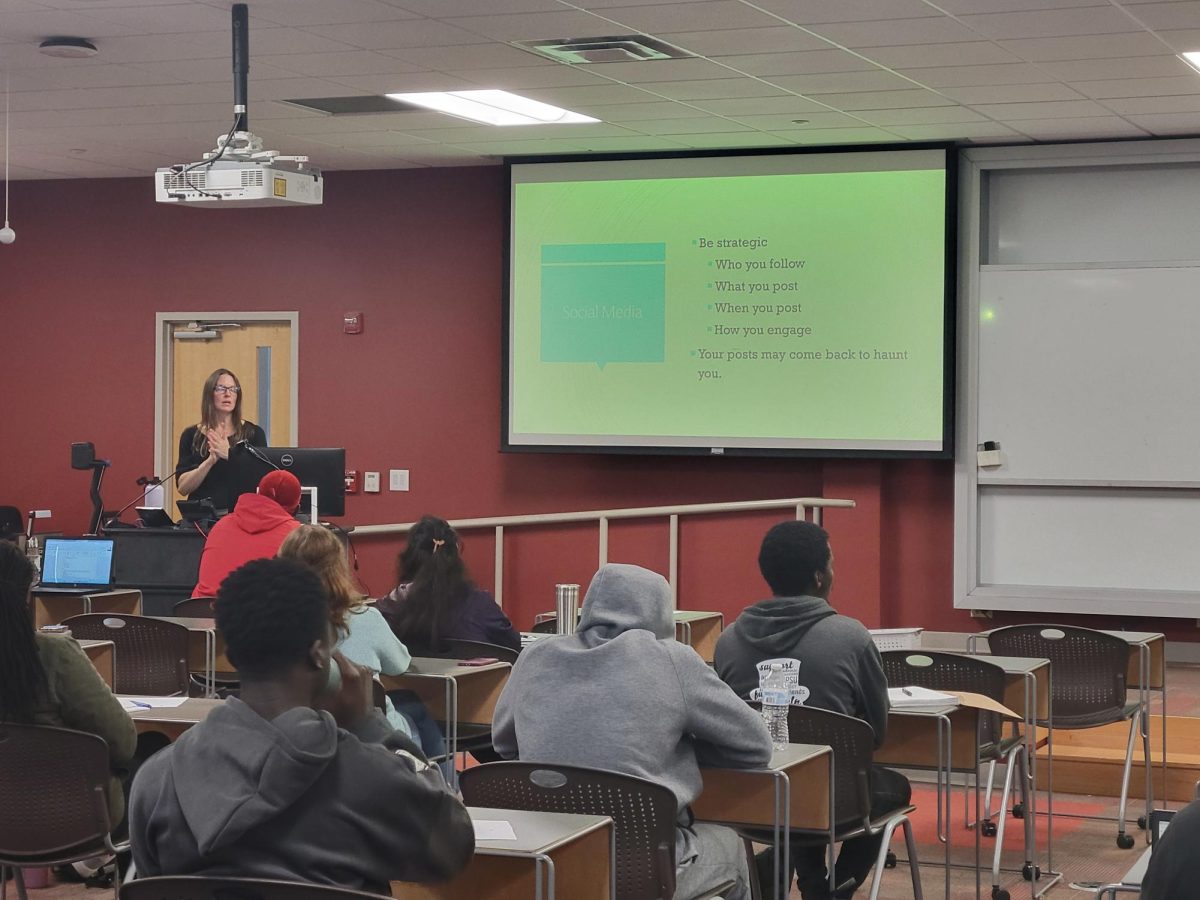Fraternities and sororities have been a core part of the student experience since the 1970s. While some existed beforehand, they struggled to plant roots and grow larger than a small collective of friends. Although starting off small, by the ‘90s and early 2000s the experience increased both in membership and number of chapters. The responsibility for future growth has fallen on Stephen Dominy coordinator of Fraternity and Sorority Affairs, and Gregory Singleton, Interim Vice President for Student Affairs and Dean of Students. Both of them were members of fraternities as undergraduates those being Alpha Tau Omega and the Kappa Alpha Order respectively. Dominy and Singleton’s mission is to grow the number of opportunities available for students to join the experience that benefitted them in their academic and professional lives.
In a recent interview with The All State the fraternity and sorority coordinator, Dominy states that “The fraternity and sorority experience is a catalyst for retention it’s also the catalyst for engaging students in ways that they would not be otherwise. For many students it is their home away from home.” Dominy also notes that Greek life has been an enhanced “advocate for student interest.” This allows more students who have entertained the idea of joining a Greek organization to become more interested in. According to Dominy, students who are involved in a Greek organization are more likely to graduate and hold campus leadership positions. The recent growth can be attributed to the positive role held by fraternity and sorority members on campus. He cites APSU’s reputation as a low-risk campus” with minimal violations of policies regarding hazing, alcohol, and parties. Dean Singleton reflected this sentiment when asked about the number of risk management incidents in the past few years, he could only “count them on one hand. If even that much.” He follows this up by saying that the “Greek community is not the standard norm” and they have a great reputation nationally as well as support from the administration. Recently, Dr. Alisa White, president of APSU, was initiated as a sister of Alpha Delta Pi by the chapter here at Austin Peay.
Since Dominy’s arrival, he has led the initiative to add multiple Interfraternity Council (IFC), Panhellenic Council (PC), and National Pan-Hellenic Council (NPHC) chapters to the ranks of APSU’s plethora of student organizations. Each of these councils reflects a demographic, with IFC being the council for men’s fraternities, PC being for college women. The usage of the term sorority as a blanket term is improper as many are labeled as women’s fraternity such as Austin Peay’s Sigma Kappa chapter of Chi Omega. NPHC’s are a collective of historically black organizations, within their ranks are both men’s and women’s groups.APSU has the privilege of having each of the “Divine Nine” NPHC chapters with the recent addition of Iota Phi Theta to campus. This has seen both positive and negative reaction, while the numbers of chapters increases the opportunities for students to join. Some students wish that more would be put into building up of existing chapters before allowing more to colonize. However, seeing the positive reputation and growing numbers of enrollment, many national organizations are lobbying for a spot when it opens up according to Dean Singleton.
While the national perception of the Greek system is under scrutiny due to multiple high profile cases of hazing, death, and bigotry. Austin Peay’s fraternity and sorority experience when juxtaposed against that of the national one is reflective of APSU’s “small school, big heart” reputation. Speaking with Emmanuel Williams, a brother of Alpha Phi Alpha, Fraternity Inc., a NPHC fraternity, he states that APSU is impacted by the national stigma but that’s not a reality at Austin Peay. “Students at APSU who are involved with fraternities and sororities, across the councils, stay very involved.” Leslie Cherry, the chapter president of Chi Omega, hopes that the national stigma doesn’t students who might not regularly join hoping that “Austin Peay Greek life continues to grow bigger” with the years to come. Referencing back to APSU’s positive record concerning risk management, it is clear to see that our school has a business first mentality when it comes to Greek life. Of the students talked to for this story, they all referenced the positive influence their organization has on campus and in the community.
APSU is a growing and diverse school and its Greek community reflects that growth. While, at the national level, the popularity of Greek life is declining, it is clear that APSU is experiencing a boom in popularity. Around campus, the likelihood of a Greek affiliated student holding a position is rather high. For instance, the SGA Executive cabinet has each member affiliated with a Greek organization either from APSU or a previous school. The role of Greeks at APSU is a positive one hoping to make even more of an impact in the years to come.







